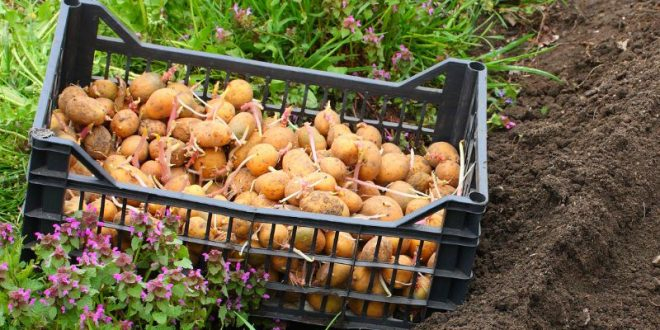During discussions in the European Parliament plenary session regarding the regulation of plant reproductive material (PRM), stakeholders in the potato trade are raising concerns about the possible consequences. The report prepared by the AGRI committee is under scrutiny for proposed changes that could significantly impact the dynamics of the EU PRM market.
According to Peter Ton, Chairman of the Europatat Seed Potato Commission, the distinction between the different types of PRM is of paramount importance. In particular, seed potatoes carry an increased risk of spreading plant diseases during transport, which requires strict surveillance measures. The tone emphasizes the need for Parliament to recognize these differences, particularly in relation to the uncontrolled movement of seed potatoes across EU borders.
In response to the proposed changes, a coalition of stakeholders, including prominent organizations such as Copa-Cogeca, Euroseeds and Europatat, have come together to address concerns regarding the future of the PRM sector. They stress the importance of maintaining the balance established by the European Commission’s original proposal, while warning against exceptions that could undermine market integrity and undermine sustainable development efforts.
The Joint Declaration highlights the potential consequences of departing from the Commission’s original proposal, warning of the creation of a parallel, unregulated market that would jeopardize the efforts of plant breeders and farmers. The statement calls on the European Parliament plenary to reconsider the amendments and return to the Commission’s principles for mitigating potential crises.
Proposed changes to the regulation of plant reproductive material in the EU have raised concerns among stakeholders in the potato trade. As parliament’s plenary prepares to vote on the report, concerns remain about potential disruption to markets, plant health and sustainability efforts. Maintaining the integrity of the PRM market, while ensuring strict surveillance and traceability, remains paramount to ensuring European food security.







